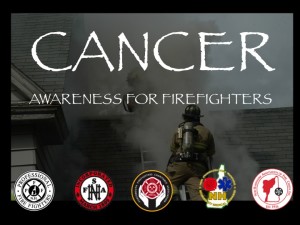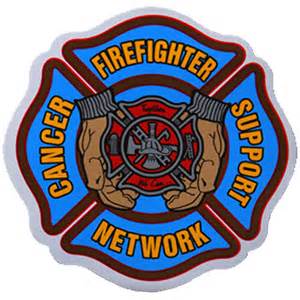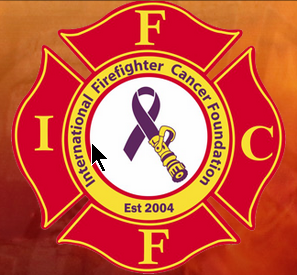Firefighters and cancer. If you’re a firefighter you must read this. If you’re a firefighter with a family (or look to have one sometime in the  future) you must read this. If you’re just a person who loves and respects firefighters, you must read this.
future) you must read this. If you’re just a person who loves and respects firefighters, you must read this.
A powerful piece of prose about one firefighter’s “come to Jesus” moment with cancer. An equally powerful message about how everyone in the fire service needs to “get on the bus” concerning firefighting and the dramatically increased risk of cancers we–and our families–face.
http://community.fireengineering.com/m/blogpost?id=1219672%3ABlogPost%3A625148
Learn from a brother firefighter before it’s “your turn” (Or a member of your family).
 The white paper, Taking Action Against Cancer in the Fire Service, published by the Firefighter Cancer Support Network, provides the following 11 immediate actions that firefighters can take to help protect themselves. The document also stresses the importance of annual medical exams since early detection and treatment are essential to increasing survival.
The white paper, Taking Action Against Cancer in the Fire Service, published by the Firefighter Cancer Support Network, provides the following 11 immediate actions that firefighters can take to help protect themselves. The document also stresses the importance of annual medical exams since early detection and treatment are essential to increasing survival.
- Use SCBA from initial attack to finish of overhaul. (Not wearing SCBA in both active and post-fire environments is the most dangerous voluntary activity in the fire service today. [Emphasis added]).
- Do gross field decon of PPE to remove as much soot and particulates as possible.
- Use Wet-Nap or baby wipes to remove as much soot as possible from head, neck, jaw, throat, underarms, and hands immediately and while still on the scene.
- Change your clothes and wash them immediately after a fire.
- Shower thoroughly after a fire.
- Clean your PPE, gloves, hood, and helmet immediately after a fire.
- Do not take contaminated clothes or PPE home or store it in your vehicle.
- Decon fire apparatus interior after fires.
- Keep bunker gear out of living and sleeping quarters.
- Stop using tobacco products.
- Use sunscreen or sun block.
Resources
Firefighter Cancer Support Network
International Firefighter Cancer Foundation
 Fire & EMS Leader Pro The job of old firefighters is to teach young firefighters how to become old firefighters!
Fire & EMS Leader Pro The job of old firefighters is to teach young firefighters how to become old firefighters!